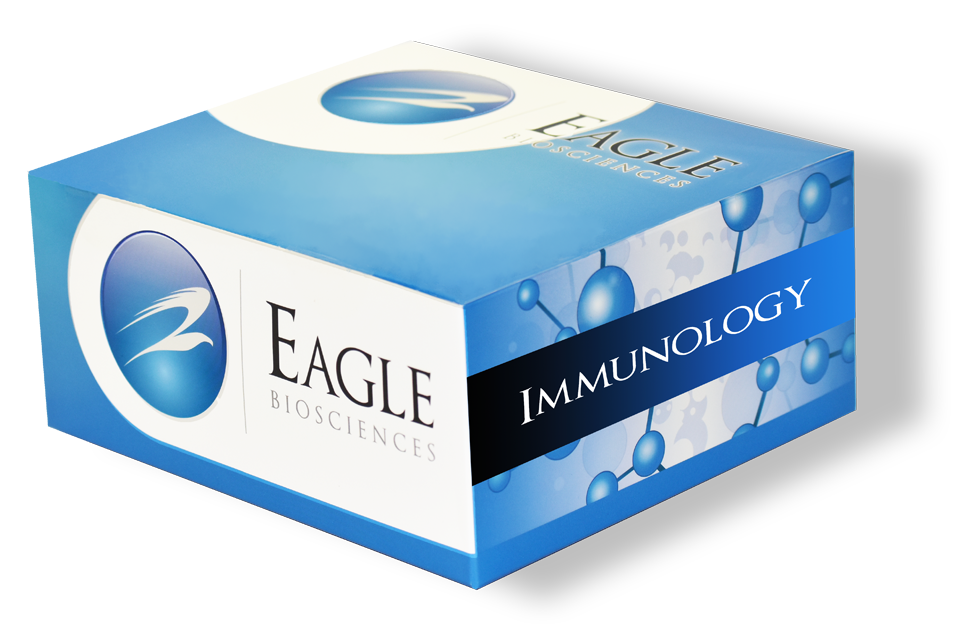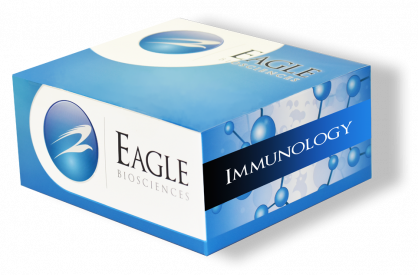Zika Virus IgM ELISA Assay Kit
Zika Virus IgM ELISA Assay Kit is developed and manufactured in the USA
Size: 1×96 wells
Incubation Time: >2 hours
Sample Type: Serum or Plasma
Sample Size: 10 µL
For Research Use Only
Assay Principle
The Zika Virus IgM ELISA is a “sandwich” ELISA is designed, developed and produced for the qualitative measurement of IgM antibodies in blood specimen. The assay utilizes the microplate-based enzyme immunoassay technique by coating highly purified antigen onto the wall of microtiter wells. Controls and blood specimen are added to microtiter wells of microplate that is coated with highly specific anti human IgM antibodies on its wall. During the assay, Zika antibodies will be bound to the antibody coated plate after an incubation period. The unbound material is washed away and biotinylated Zika antigen is added for further immunoreactions. The unbound antigen is washed away and a highly specific monoclonal antibody which is labeled with horseradish peroxidase is added to the wells. After an incubation period, the immunocomplex of “anti human IgM – Zika virus – HRP-conjugated anti Zika virus Tracer Antibody” is formed if Zika IgM antibodies are present in the test sample. The unbound tracer antibody and other proteins in buffer matrix are removed in the subsequent washing step. HRP conjugated tracer antibody bound to the well is then incubated with a substrate solution in a timed reaction and then measured in a spectrophotometric microplate reader. The enzymatic activity of the tracer antibody bound to Zika IgM antibodies captured on the wall of each microtiter well is directly proportional to the amount of Zika IgG antibody level in each test specimen.
Products Related to Zika Virus IgM ELISA
Zika Virus IgG ELISA Assay Kit
Dengue Virus IgM Antibody ELISA Assay Kit
Human Anti-Giardia Iamblia IgM ELISA Assay Kit
Related News
Zika Virus Could Potentially be Used to Kill Brain Cancer Stem Cells (Original Article)
Zika Virus Infection in Mice Causes Panuveitis with Shedding of Virus in Tears


